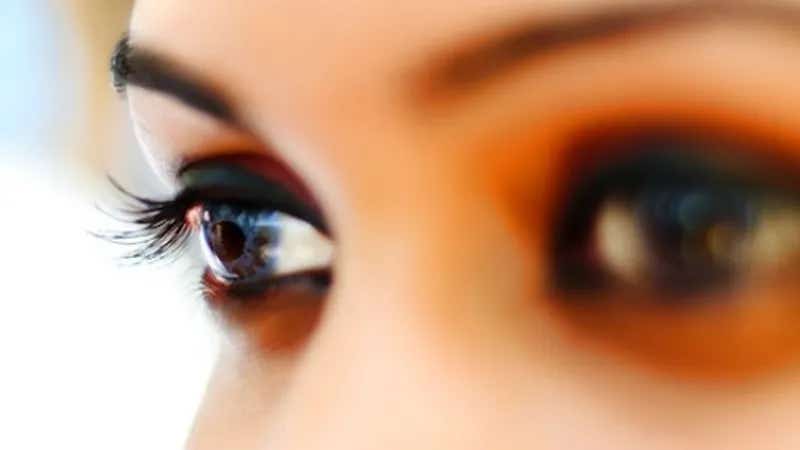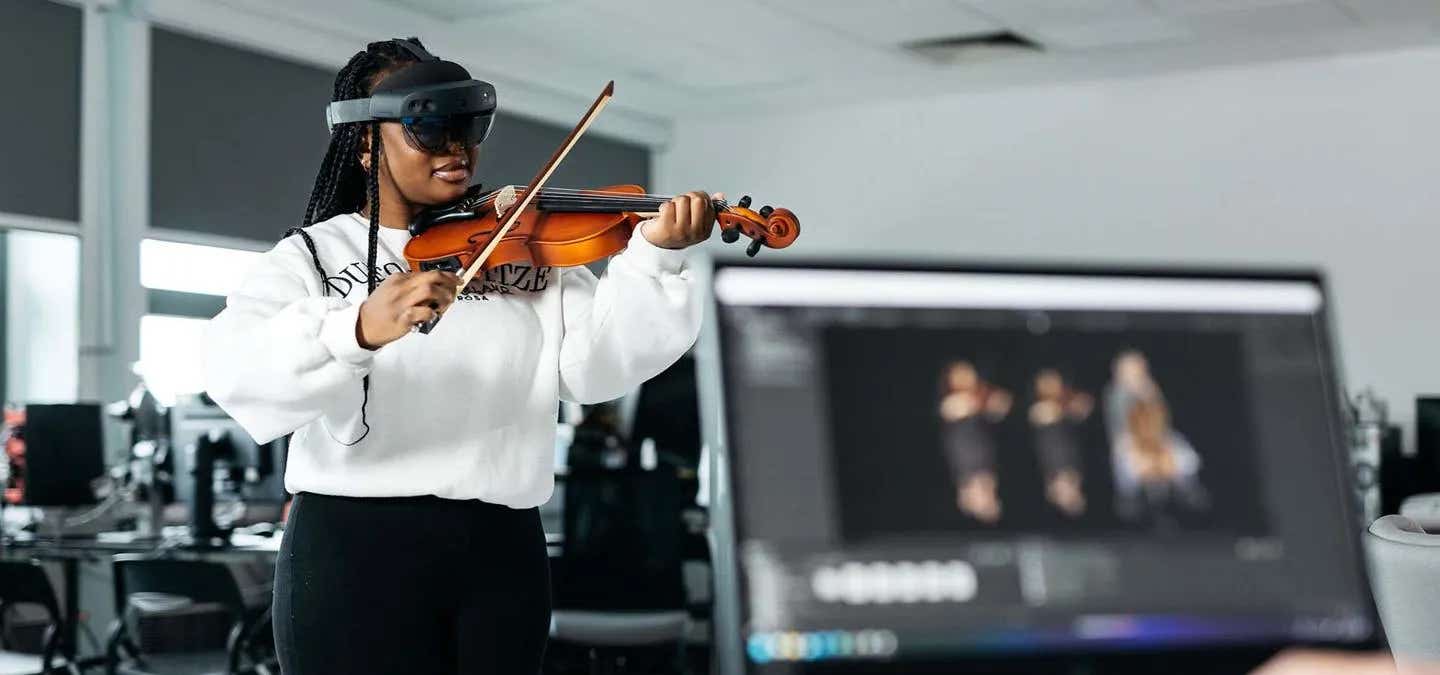Researchers solve the mystery of why humans blink so much
Blinking, that seemingly mundane act we hardly ever think about, actually occupies a significant portion of our waking hours.

Blinking, that seemingly mundane act we hardly ever think about, actually occupies a significant portion of our waking hours. Studies have shown that humans, on average, spend approximately 3 to 8 percent of their waking time with their eyes closed.
While this might seem like an inefficient use of time, especially considering that blinks occur more frequently than necessary for lubricating the eyes, recent research from the University of Rochester suggests that there's more to blinking than meets the eye.
In a study published in the Proceedings of the National Academy of Sciences, researchers delved into the curious realm of blinking to uncover its role beyond mere eye lubrication. Led by Michele Rucci, a professor in the Department of Brain and Cognitive Sciences, the team aimed to understand how blinking influences the way our brains process visual information.
"By modulating the visual input to the retina, blinks effectively reformat visual information, yielding luminance signals that differ drastically from those normally experienced when we look at a point in the scene," explains Rucci.
To unravel the mysteries of blinking, the researchers employed a multi-faceted approach. They tracked the eye movements of human subjects while integrating computer models and spectral analysis techniques to examine how blinking alters visual perception.
Their investigation revealed a fascinating phenomenon: when individuals blink, they become more adept at detecting large, slowly changing patterns within their visual environment. Essentially, blinking provides the brain with valuable insights into the overall composition of a scene.
Related Stories
"When we blink, the rapid motion of the eyelid alters the light patterns that are effective in stimulating the retina, creating a different kind of visual signal for our brain compared to when our eyes are open and fixated on a specific point," says Bin Yang, a graduate student involved in the study.
Contrary to common assumptions that blinks disrupt visual processing, the researchers found that blinks actually enhance it, compensating for the temporary loss in visual stimulus exposure. This revelation challenges conventional wisdom and sheds new light on the intricate relationship between blinking and visual perception.
Moreover, the study's findings contribute to a broader understanding of human vision, suggesting that it operates more similarly to other sensory modalities than previously thought. While traditional views of vision emphasized the passive reception of visual stimuli, Rucci's research underscores the active role that motor functions, such as blinking, play in shaping our perception of the world.
"Our results suggest that vision resembles other sensory modalities more than commonly assumed, as spatial information is explicit in the image on the retina," says Rucci.
The act of blinking serves as a gateway to a richer understanding of the visual world, highlighting the intricate interplay between sensory input and motor activity in shaping our perception. As we continue to unravel the mysteries of the human brain, discoveries such as these underscore the complexity and sophistication of our most fundamental senses.
For more science news stories check out our New Discoveries section at The Brighter Side of News.
Note: Materials provided above by The Brighter Side of News. Content may be edited for style and length.
Like these kind of feel good stories? Get the Brighter Side of News' newsletter.
Joshua Shavit
Science & Technology Writer | AI and Robotics Reporter
Joshua Shavit is a Los Angeles-based science and technology writer with a passion for exploring the breakthroughs shaping the future. As a contributor to The Brighter Side of News, he focuses on positive and transformative advancements in AI, technology, physics, engineering, robotics and space science. Joshua is currently working towards a Bachelor of Science in Business Administration at the University of California, Berkeley. He combines his academic background with a talent for storytelling, making complex scientific discoveries engaging and accessible. His work highlights the innovators behind the ideas, bringing readers closer to the people driving progress.



